Are you ensuring the highest security for your customers? The slightest security breach could come with high costs for your business. Buyers won’t like to shop from a store with records of cyberattacks and security risks. So, you need the right security solutions to fight any possible data privacy risks, especially while using POS systems.
Cloud computing can be a great option to ensure data security for your retail business. Cloud solutions offer the highest flexibility and efficiency for obvious reasons – it is accessible from anywhere and anytime and doesn’t require additional hardware costs. With an always-on presence, sales reps can complete POS tasks faster. Following are the benefits and impacts of integrating cloud computing into POS solutions.
What is Cloud POS?
A cloud-based POS (point of sale) system is a technology where transaction processing information is received from a remote cloud solution. POS, as we know, is a point where customers purchase items, examples being a cashier’s kiosk at a retail store or a hostess desk at a restaurant.
In a cloud POS system, merchants must pay a fixed monthly rental fee to access their particular cloud POS software. This way, you won’t need to make a large investment by purchasing the entire system. In short, it is a SaaS (software as a service) model in which the retail store simply uses the product. Moreover, since cloud solutions require no hardware purchases, they can provide an affordable cost and acquisition model.
How Does Cloud Computing Work?
Cloud computing refers to a range of solutions rendered over the Internet, specifically on “the cloud.” In other words, you can use remote servers for storing and accessing your vital business data rather than depending on or investing in private data centers and local hard drives.
In a cloud computing system, businesses can hire solutions for hosting or maintaining numerous data centers, thus providing greater storage capacity, security, and computing power. In addition, these cloud computing services support a robust cloud infrastructure, which the clients pay for in exchange for a secured cloud ecosystem that interlinks different devices and software seamlessly.
Read also: 4 Value-Added Post-Purchase Services to Enhance Your Shopping Experience
Types of Cloud-Based POS Solutions
- Online POS: Online POS solutions enable users to use their own hardware, that is, either a laptop computer or a desktop, at the checkout counter. Online POS systems may be more cost-effective compared to terminal systems; however, you may need to buy other hardware, including credit card readers, barcode scanners, etc.
- Mobile POS: In mobile POS systems, or mPOS, users depend on mobile devices, like smartphones, tablets, etc., to get access to a POS application. mPOS systems are specifically beneficial for pop-up shop owners rather than those running traditional brick-and-mortar stores. A mobile POS solution also requires the merchant to integrate the system with additional hardware for printing receipts, accepting credit card payments, and so on.
- Cloud-based Terminal POS: Cloud-based terminal systems rely on POS terminals having access to the Internet. In this case, users can replace the regular desktop or mobile devices with a more convenient POS terminal. Merchants can integrate the terminal with other necessary hardware, such as credit card readers, barcode scanners, receipt printers, and more.
Impact of Cloud Computing on POS Systems
Before subscribing to a POS system, you need to check out the following significant impacts of cloud computing on POS solutions.
- Improved Customer Experience
Customer satisfaction is the topmost priority for every business, and by implementing cloud POS solutions, you can enhance your buyers’ experiences. A POS application enables users to provide customized deals to customers, thus boosting conversions and generating target-oriented outcomes. Cloud computing technology comes to your rescue in enhancing customer engagement along with other core business operations. It also lets your sales reps automate repetitive tasks and gain more time to address customer needs.
- Greater Supply Chain Visibility
Cloud POS software helps retailers maintain supply chain transparency by solving issues like uninformed stock-outs. Moreover, you can handle all your store operations on the go from any device having an Internet connection, without relying on a local server.
By implementing cloud POS solutions, retailers can gain accurate and real-time insights about their inventory, shipment status, vendor or suppliers’ documents, and so on. By gaining such high visibility, merchants can make more data-driven decisions like more efficient inventory management and cost-cutting.
- Secure and Trustworthy
Security and privacy is the biggest concern for every retail business, so it’s a necessity that merchants should choose a reliable and protected POS solution. A responsible POS vendor will have industry-specific knowledge and offer solid customer service to address your concerns and queries on time. They also assure you of providing the best cybersecurity solution to protect your data. Moreover, the best POS vendors back up your sensitive data to prevent any loss and comply with all the security and data protection standards.
- Detailed Business Insights
Retail merchants have to manage tons of data every day, which is difficult to handle at times. By using on-premise POS systems, there are higher chances of data fragmentation, making it more challenging for IT teams to gather analytics insights from it. On the other hand, if you integrate an efficient cloud POS system, you can collect qualitative data analytics faster and easier because every data is stored and protected well. So, say goodbye to data fragments, and boost business growth with real-time insights.
- Reduced Communication Gap
By integrating cloud-based POS systems, retail businesses can maintain healthy communication between customers and employees. That’s because users can provide quick resolutions to customer queries and grievances. Your team can also address customer concerns from anywhere, thus maintaining agility. Besides, cloud POS solutions automate communications and maintain transparency between two parties.
- New Product Innovation
The best cloud POS solutions will provide room for further product innovation based on market trends. They can provide personalized and detailed data analytics by collecting vital business intelligence data like competitor activities, customer behaviors, market demands, client engagement and reviews, and more. This data helps a POS solution to fine-tune its products and technologies to meet the dynamic market needs.
Conclusion
In closing, we hope the above guide helps you make smarter decisions about employing cloud computing in your new or existing POS systems. Cloud computing comes with multiple benefits, and as far as security is concerned, it almost becomes a necessity for modern-day brick-and-mortar stores. So, it’s time to switch to the cloud and protect your critical business data while ensuring customers’ safety and data privacy.

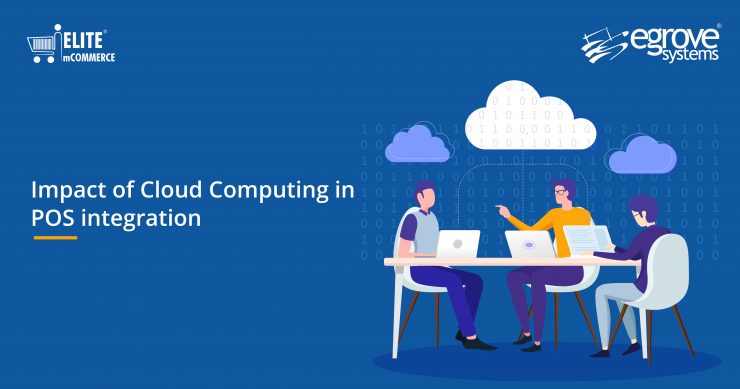


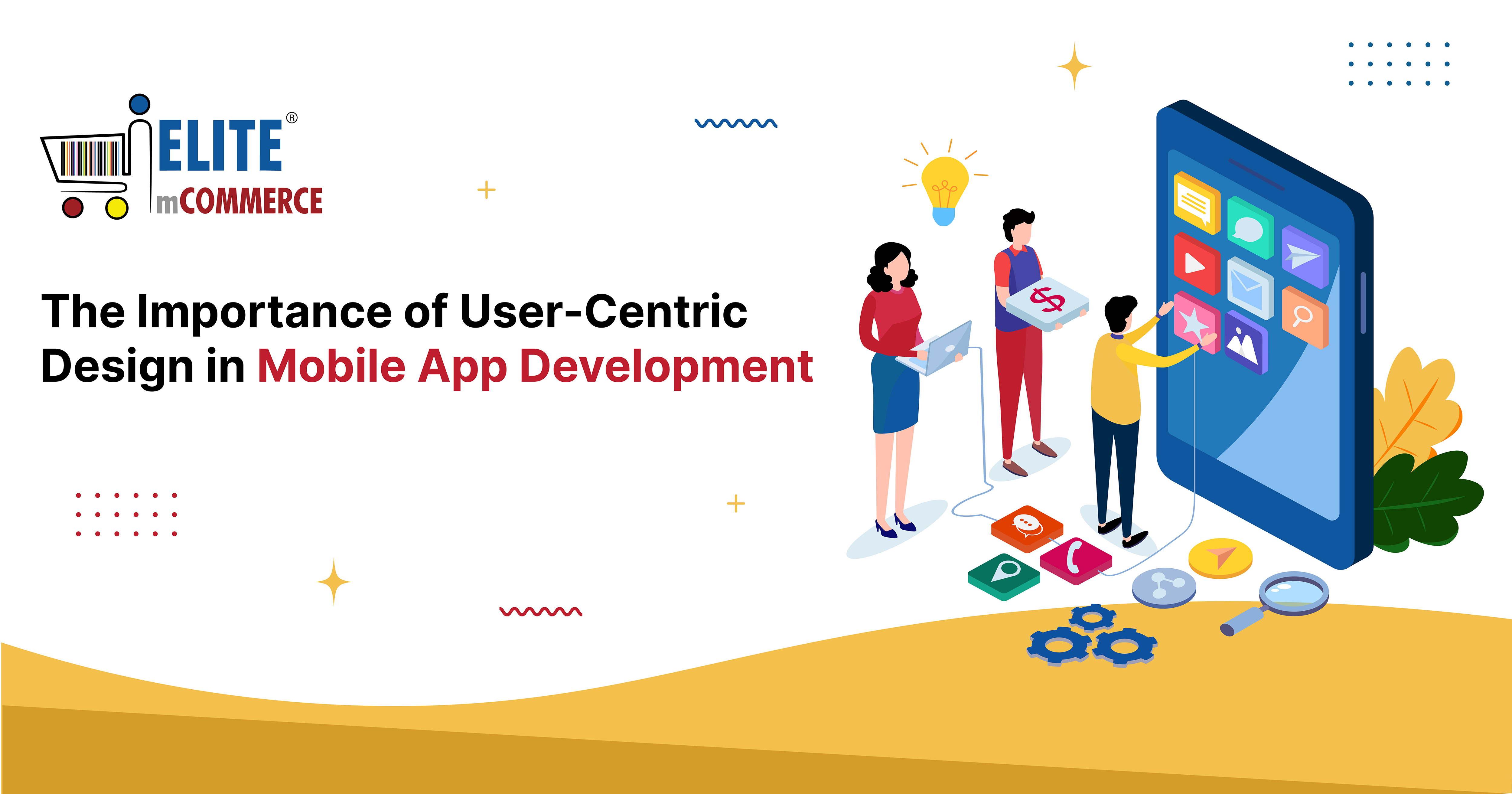
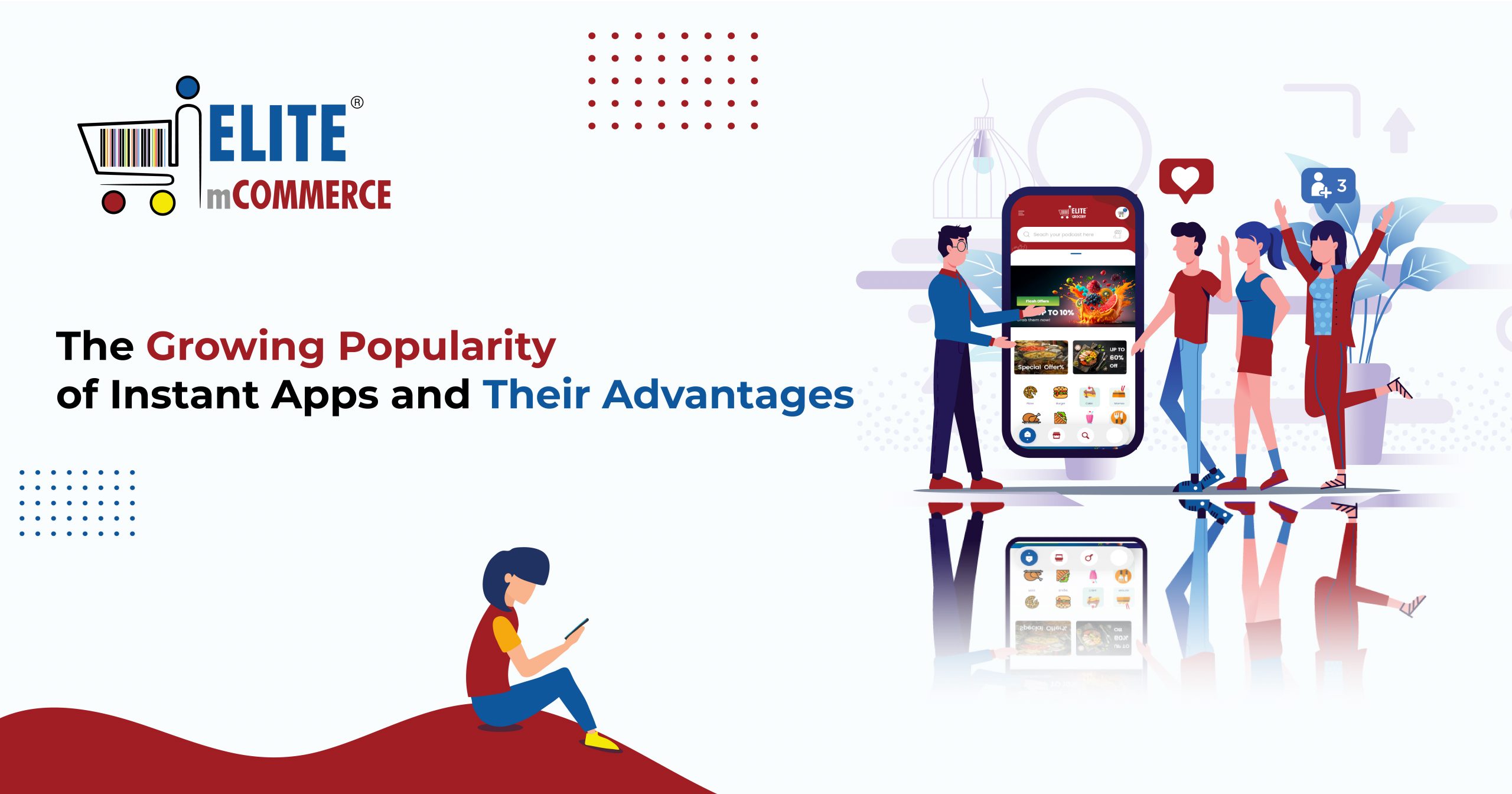
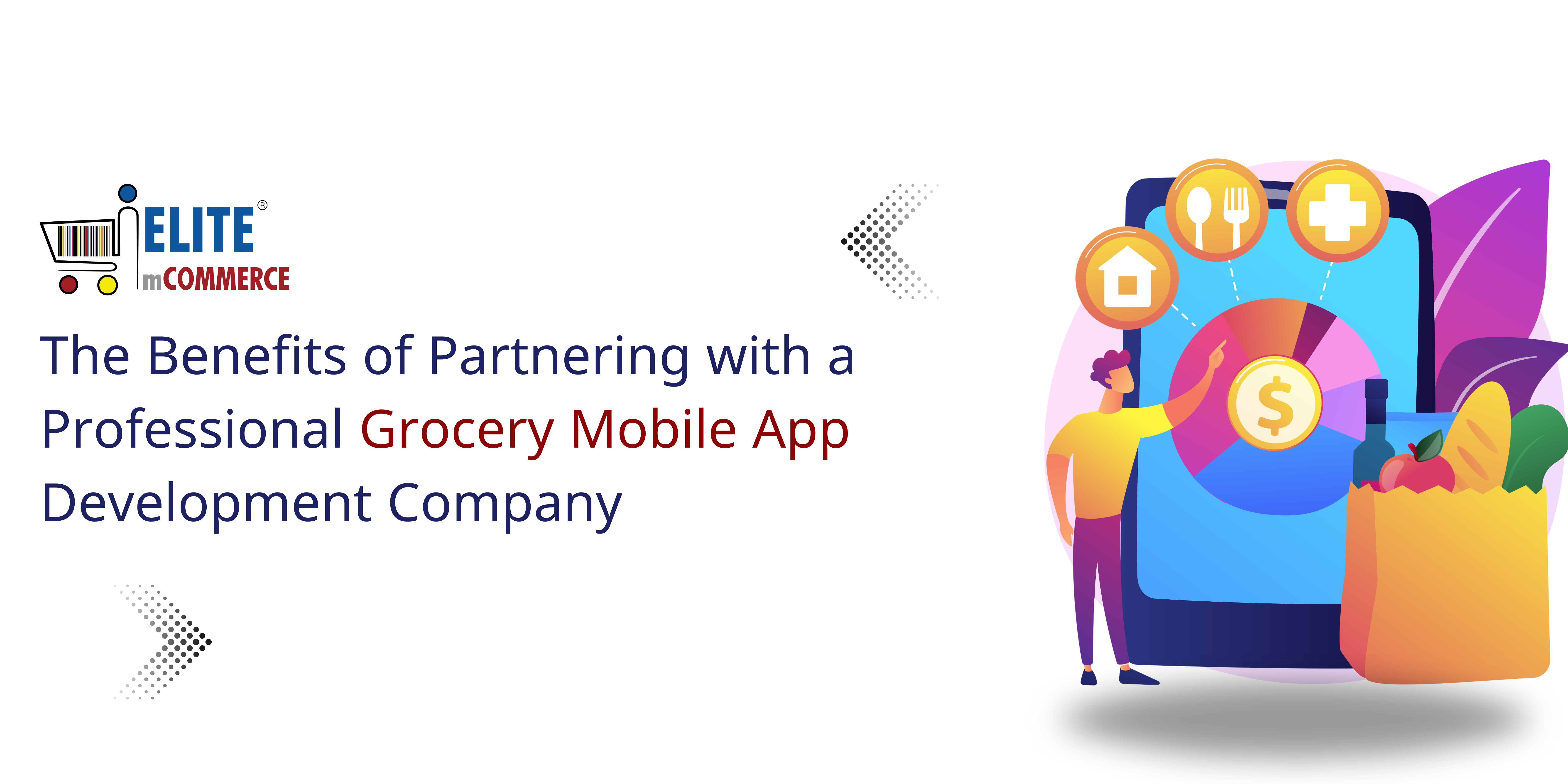




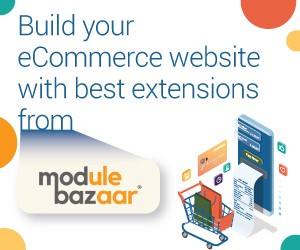



This is amazing. Thanks for sharing this blog. I have become a fan of your blogs. This blog is so interesting and informative.
This is amazing. Thanks for sharing this blog. I have become a fan of your blogs. This blog is so interesting and informative.
This is amazing. Thanks for sharing this blog. I have become a fan of your blogs. This blog is so interesting and informative.
This is amazing. Thanks for sharing this blog. I have become a fan of your blogs. This blog is so interesting and informative.